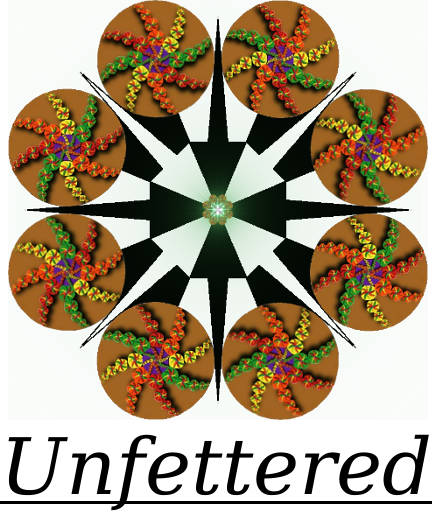A paradox of reason. We know, intuitively, that some people are simply better equipped to perform certain tasks in reality. Stephen Hawking has a mental capacity that certainly makes him better at solving physics problems, while someone like Micheal Jordan’s physique has certainly given him a natural head start in the world of sports. If Jordan would have been born with a weak heart, for example, he would not be equally as good as his peers at sports. If Hawking would have been born with, say, an impacted frontal lobe, his advanced thinking process would have been negatively affected at birth. This does not even begin to get in to being born into money or abject poverty.
So what is this “All people created equal” really trying get at, then?
Well, consider this: if we did not view all people as being inherently of equal VALUE, then we would not afford the same opportunity to person X (say..a Jew in Germany) as we would to person Y (a white male in Corporate America). Now wouldn’t it be funny if you were waging a war, and you assumed that all humans were NOT created equal, and dismissed someones scientific work because they were considered less than equal in your eyes? If you were Hitler, and Einstein was a Jew, then you would be pretty pissed off when you realized you could have won the war if you would not have pushed away his research based off of the idea that all are not created equal.
This was to show that there is error in the concept that everyone is not created equal, by exploiting the fact that there are people that are apparently gifted from birth. So how do we qualify equality in a world where there are experts and elites, super geniuses and superstars, and at the same time there are the disabled and disfigured, the slow, the unexceptional and the average at best?
I think we begin by saying that it is not an individuals usability that we are measuring. It is not how much they can lift, how far they can run, how well they can cook, the grades they get in school or how cool they appear to be. What we measure in equality is something more precious, something much more unique. We measure the value of the human life itself. One man’s hunger is no greater than another’s when starved, one woman’s thirst is not of a more parched nature than her sister’s when kept from drink for a week. We all share in common an equality in that experience of life, of pain and pleasure, hope and fear. One life is not greater than another, while one’s ability in a field or in a task may be. Do those abilities, those talents, natural or learned truly make us at a base level of greater or lesser value, in terms of this human life?
If we measure out who is valuable by what job they can perform for us today, what service, what contribution they can add that we happen to value, then all we are saying is that we all are only as good as a commodity, and nothing more. But if we say that all of us are created equal, worthy of an equal share, worthy of equal opportunities and attention…if we say that my experience is no greater or more genuine than yours, and that we all share an equal potential to contribute to the wealth of the human experience in our own unique way, if we do that…then we are saying that what we are is of such immeasurable value, that our wealth shall never diminish, and our lives contain such a dignity that we can never question the equality of our lives again.
Skills are tasks and come and go. But the value and the true measure of a human life stretches far, far beyond the mere skills we can, at this time, perform. Our value, it may be said, may be measured in the capacity of the human heart to love. And I find it profoundly inspiring that, to me, in that capacity alone, weather we know it or not, there are is no limit, and so there is no limit to the value we share, as equals, valued beyond measure.
